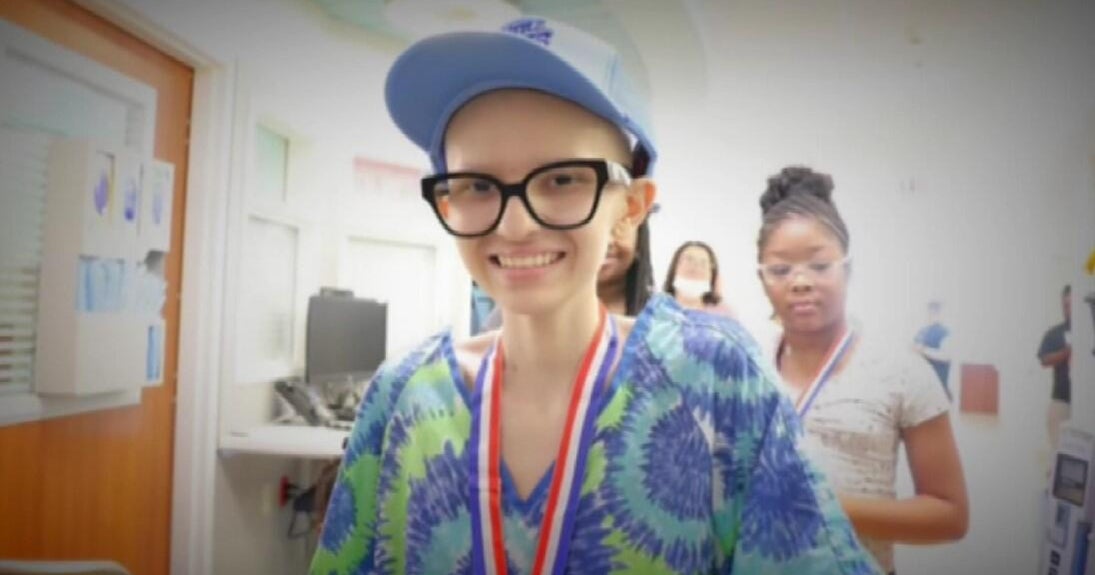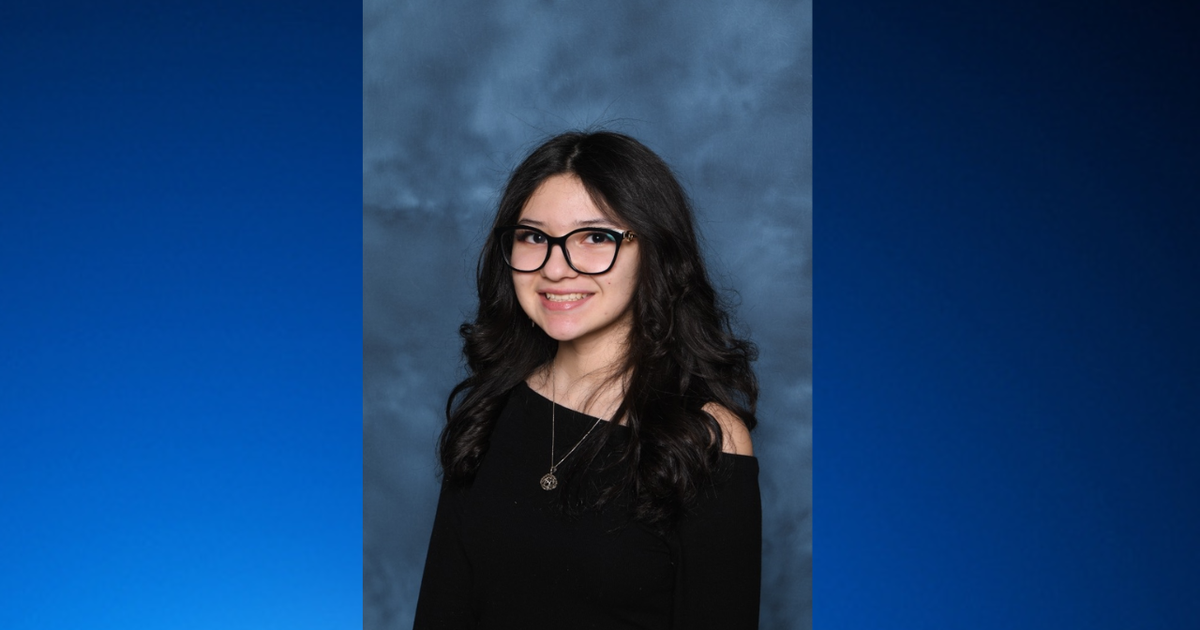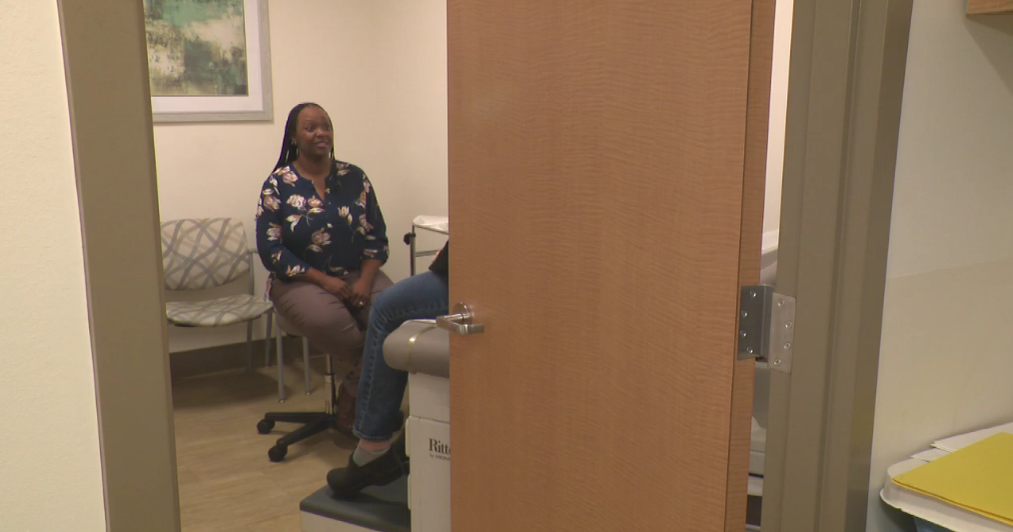Study Aims To Preserve Fertility For Pediatric Cancer Patients
Follow KDKA-TV: Facebook | Twitter
PITTSBURGH (KDKA) - It was estimated in 2017 that more than 15,000 children and adolescents would be diagnosed with cancer in the United States. Of those children, 80 percent survive, but there can be lifelong health issues.
One of the side effects from receiving cancer treatment can be infertility.
Dr. Kyle Orwig is a researcher with UPMC and Magee Women's Research Institute. He is leading a study on preserving future fertility in pediatric cancer patients.
"We have the opportunity and maybe even the obligation to inform the patients and their families about the effects of their treatments," Dr. Orwig told KDKA's Heather Abraham. "Because of improved therapies, we are creating a lot of survivors who still have their entire reproductive lives in front of them."
Before treatment begins, Dr. Orwig and his team are removing healthy tissue and/or stem cells from the patients.
"We're freezing testicular tissue for boys and ovarian tissue for girls," said Dr. Orwig. "The amount of tissue we obtain might be the size of a pea or a couple peas."
While Dr. Orwig has done work similar to this in lab animals, the theory is it will work in humans by transplanting the frozen tissue back into the patient, essentially kickstarting fertility.
"Doing fertility preservation is the one time a cancer patient has the opportunity to take control of their situation," Dr. Orwig said. "This is the first time they get to take a step to improve the quality of life after they're cured from their initial disease."
Madison Steadman found out she had Aplastic Anemia not long after her 13th birthday. While she was awaiting a bone marrow transplant from her brother, she was asked to participate in Dr. Orwig's study. Madison and her father, Michael, spoke with KDKA.
"Our biggest concern for her was saving her life," Michael said. "We hadn't even thought about it as being a possibility as a negative side effect that she wouldn't be able to have children."
"So, from going to thinking about losing your hair to potentially not being able to have children, it's very different," Madison said, adding that she saw the fertility preservation as an opportunity she didn't want to pass up.
Austin Oshenhirt, 16, is also participating in the study, before receiving a second round of treatment for lymphoma.
"That's the only thing I look forward to is having kids and having a family in the future," Austin said. "It made me really happy that I could receive this option just to make sure."
At this point in the study, none of the roughly 150 patients have undergone the procedure to have the tissue transplanted back.
While Dr. Orwig is hoping to get more people involved in the study, he also has to make sure to carefully select patients based on the cancer or disease. The tissue removed has to be free of any cancerous cells when it's preserved.
For more information on the study, visit: http://orwiglab.org/







